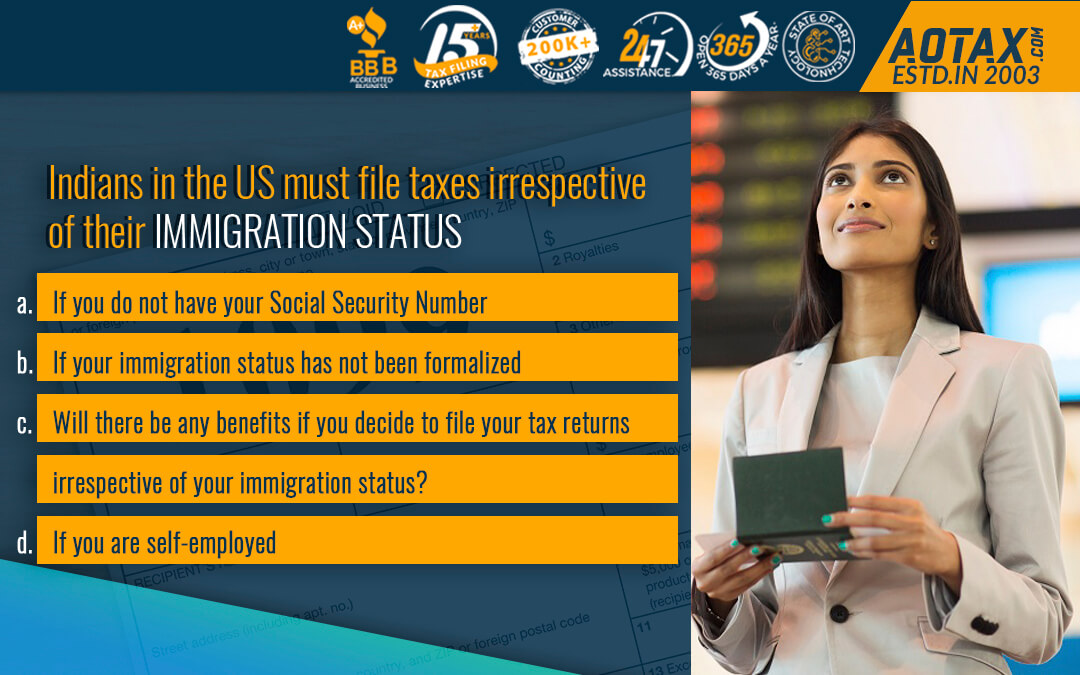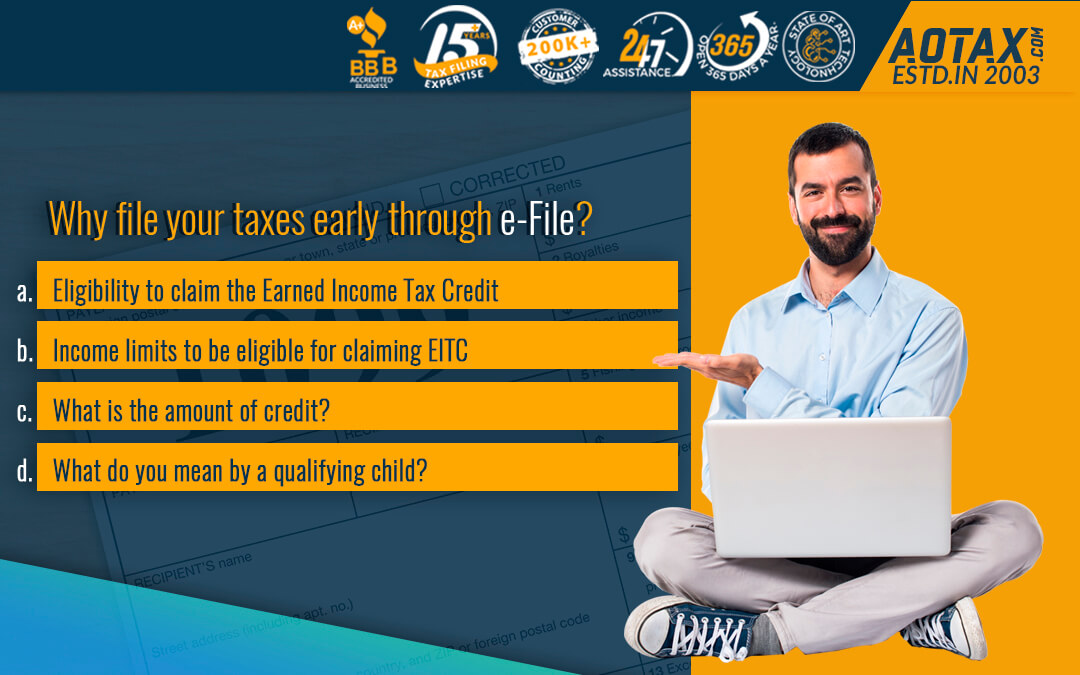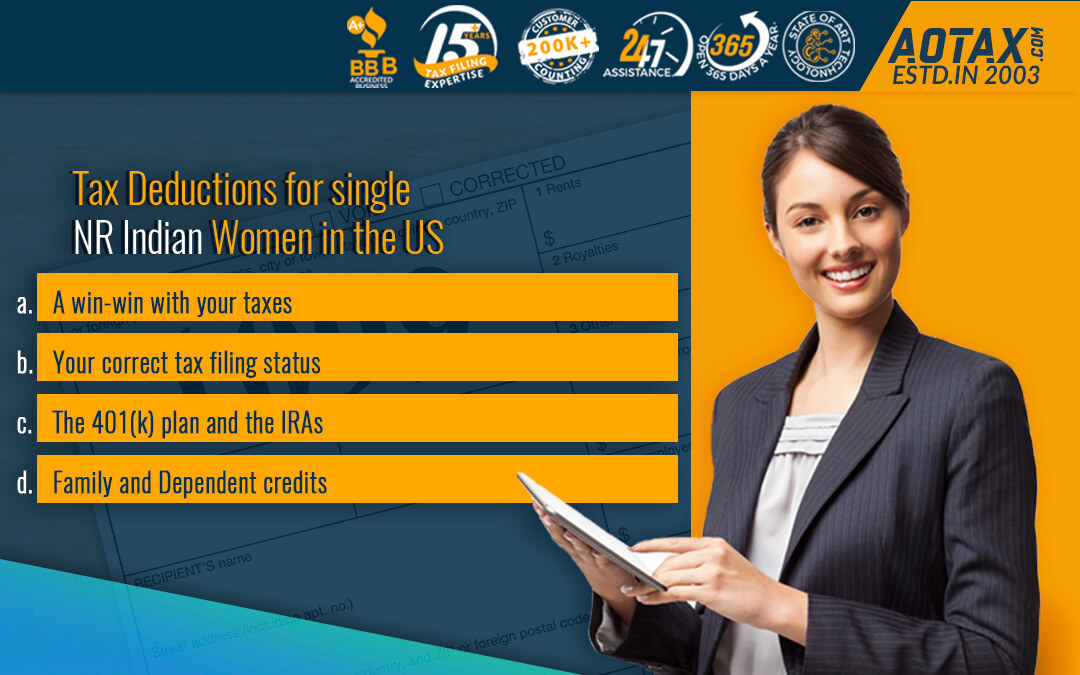All you need to know about your Income Tax Refund Status

All you need to know about your Income Tax Refund Status
One of the most common questions of the taxpayers during the tax season is “Where is my tax refund?” The IRS would start its tax refund processing from 12th February and the refunds would have to go through mainly three stages.
- The Return received
- The Return approved
- The Refund sent
The time is taken for the refund processing
In general, the time taken for processing the Income Tax Refund by the IRS would depend upon the mode that has been used for filing Income Tax Returns.
Tax returns filed by Direct Deposit
When you are filing your tax returns electronically with the Direct Deposit method, you can obtain your tax refunds soon. According to the IRS, within 21 days after acceptance of the Income Tax returns the refund is done for most of the citizens.
Tax returns filed by mail
If the Income Tax returns have been filed by paper then it will take some time and this time might be longer due to the outbreak of the pandemic COVID-19. It has been advised by the IRS to wait for 4 weeks after filing your tax returns before you start checking the status of your tax refund. Also, this processing of tax refund can take longer and can be around 6 to 8 weeks.
Refunds obtained with EITC or ACTC
The IRS would not be issuing any refunds before mid of February for those tax refunds which would include the EITC (Earned Income Tax Credit) and the ACTC (Additional Child Tax Credit). This rule is applicable under the PATH (Protecting Americans against Tax Hikes) Act. This Act mainly aims at the detection and prevention of tax fraud and applies to all tax preparation methods. By this extension in the refund period, it will give the IRS much more time to ensure that the taxpayers are claiming the tax credits properly. For the filers of the EITC and the ACTC, the IRS considers completing the refund by the first week of March.
The Process of Income Tax Refund
Let us have a look at the process which is involved in the processing of the Income Tax refund for US citizens.
Status checking after 24-48 hours from e-filing
After filing Income Tax returns, the taxpayers can easily check their status by the use of the IRS tool i.e. “Where’s My Refund?” The major requirements for checking your refund status are the Social Security Number or the ITIN, the exact amount which must be refunded, the filing status of the taxpayer, etc.
Notice of the Return Received
Once the processing for the Income Tax return has been started by the IRS, the “Where’s My Refund” tool would highlight the status as “Return Received”. Taxpayers would not be able to view their Tax refund date unless the tax return processing has been finished by the IRS and the tax refund has been approved by the IRS.
Change in status
With the IRS finishing the processing of tax returns and providing confirmation about the approval of tax refund, the status of the “Where’s My Refund” tool would be changing to “Return Approved” from “Return Received”.
Refund Date on Refund tool
Once the status of the tax refund has changed to “Refund approved” a personalized refund date would be specified by the IRS.
Refund Status on the tool
In case of your status on the “Where’s My Refund?” tool shows “Refund Sent”, then it means that the tax refund has been sent to the taxpayer’s financial institution for Direct Deposit. If opted for direct deposit, then it usually takes around 1-5 days for the financial institution to fund the deposit into the taxpayer’s account. However, if opted for a tax refund via electronic mail it can take some weeks for the tax refund’s arrival.
However, despite the simplified procedure taxpayers can have many other questions related to their Tax Refund such as “I have not received my tax refund even the tax return has been received by the IRS since 21 days”, “I have got my tax refund in the form of a cheque even though I had opted for Direct Deposit”, etc. In many cases, the refund can take a long time if there has been an error in the tax return filing or if incomplete information has been received. Moreover, the limit for direct deposits into a particular bank account has been limited to 3 tax refunds in a year. Your limit might have been exceeded.
Conclusion
So, if the tax refund processing timeline has been exceeded and the anxiety is rising about its status the “Where’s My Refund?” tools can be helpful. Or else you can consider connecting with the IRS support over the phone and enquire more about your status.






Recent Comments